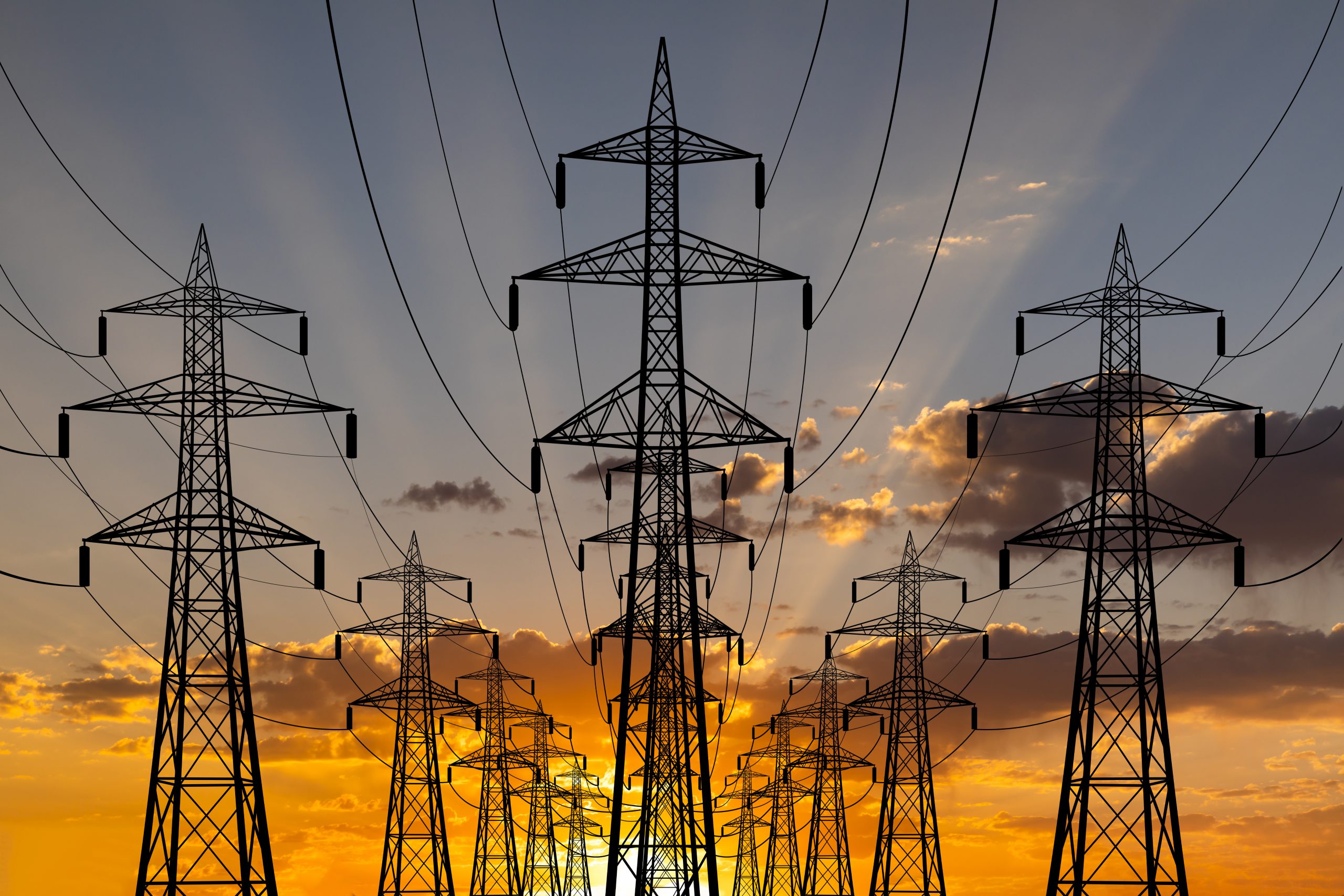Technology group Wärtsilä has signed a 10-year service agreement with Malicounda Power SAS of Senegal to strengthen the power plant through artificial intelligence tools. The long term service agreement targets further strengthening of Malicounda Power’s position as a power producer for the West African country’s grid.
The $167 million Malicounda Power project will be developed by a number of partners, including Africa50, Senegalese utility Senelec and local developer Melec PowerGen.
The 130MW plant which is located in Mbour, 67kms from Dakar, Senegal, will initially operate with heavy fuel oil (HFO). This will however not be for long as it will be converted to a gas-fired plant as soon as a suitable gas supply becomes available in the region.
“Wärtsilä’s proven competency and excellent results achieved globally are convincing. They provide efficient engines and are experts in their operation and maintenance,” said Samer Nasr, President, Malicounda Power SAS.
The agreement will provide operational reliability with scheduled maintenance and spare parts, as well as heat rate and power output guarantees after major overhaul.
Wärtsilä will provide Malicounda Power SAS with remote support from its Expertise Centre, supported by a digital predictive maintenance tool using artificial intelligence (AI) and advanced diagnostics to monitor equipment and systems in real-time.
“This agreement will deliver high efficiency and productivity, together with cost predictability for the owners. Our strong presence in the country, along with our remote support capabilities, allow us to provide the essential performance guarantees required,” added Marc Thiriet, Director, Africa West, Wärtsilä Energy.
“This power plant will add much needed generating capacity to the Senegal grid. It is an example of us creating value for our customers with industry-leading availability and uptime, which is critical for the grid,” he added.
The plant is expected to increase generating capacity in Senegal by about 17% while reducing generation costs by about 14% which will help Senegal bring down energy costs as well as integrate more renewable energy.

